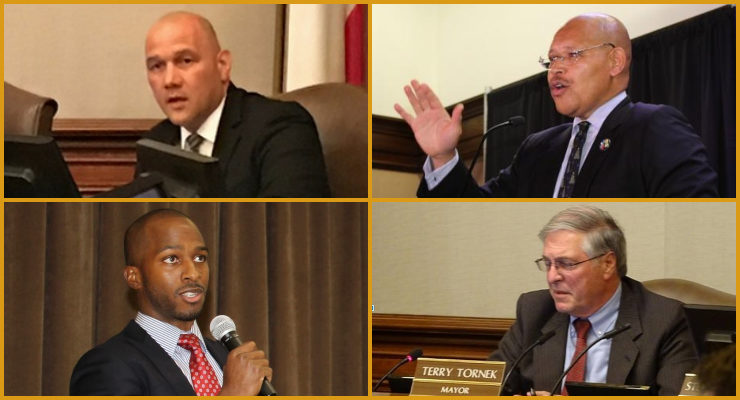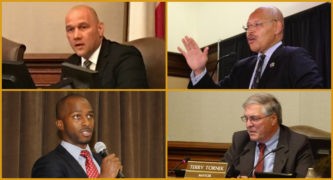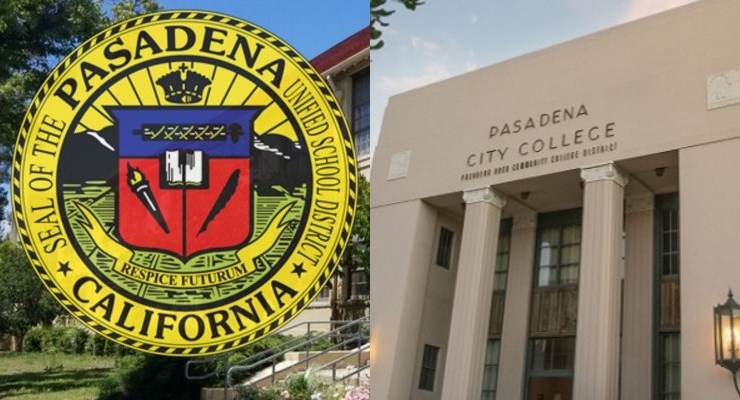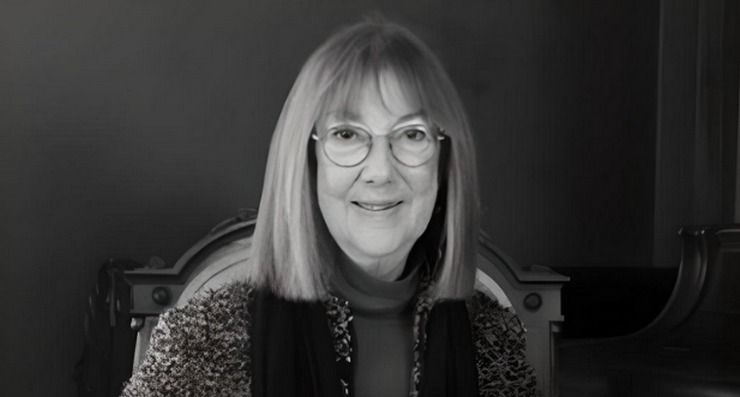
Though it was done in a Zoom conference setting, Wednesday’s meeting of the City Council Public Safety Committee carried a definite sense of gravitas and history, unlike any other committee meeting in recent memory.
Ostensibly, the meeting was a multi-item discussion on the subject of police oversight models and a 2016 “Survey of Community Perceptions of Policing in Pasadena.”
It became a four-hour soul-searching session, as councilmembers heard a stream of comments and questions read aloud by City staff, which criticized the police and held one common theme: change.
“There is institutional racism in Pasadena,” agreed Mayor Terry Tornek, saying, “people are looking to us for action.”
“This is a defining moment,” added Councilmember John Kennedy.
While Police Chief John Perez was praised for his leadership during a week of peaceful demonstrations, Perez himself said that it was a time of reflection and possible changes in the way the city manages its police.
With the national mood over the death of George Floyd in the air, resident after resident called for a reevaluation of police priorities and policies.
As one resident wrote, “Police are primarily a use-of-force tool. That’s their primary training and focus. They are good at using force. A hammer is used to hammer nails. You would not use a hammer to cut a piece of wood. You should not ask the police to intervene where force is not appropriate.”
“Consider changing police policy,” the resident continued. “Police are not needed in instances where public safety is not at risk. People foraging for food does not put people at risk. Sleeping in a park does not put people at risk. A party that is too loud does not put people at risk. A street vendor without a permit does not put people at risk. It is time to reevaluate Pasadena’s priorities.”
Council members were quick to recognize the city’s—and the nation’s—shortcomings in its racial history.
Councilmember Tyron Hampton praised local police under Chief Perez, but also compared the 2012 officer-involved shooting death of Kendrec McDade to the George Floyd death.
“People want the same treatment regardless of your skin color or where you live in the city,” he said. “They want to be treated fairly by everyone.”
“This is a wakeup call,” he said. “I am ready to talk about some kind of police oversight that actually has teeth.”
Councilmember Steve Madison was also thoughtful and reflective, looking back at the events of the past week and the City’s history. Calling the killing of George Floyd “indefensible,” he said it was “painful to watch and impossible to understand.”
Madison called the current racial situation “far more pervasive than just the police department,” and recalled the Rodney King beating which led to the LA riots in 1992, as well as the 1965 Watts riots thirty years prior.
“I would like us to be really thoughtful about what the causes of these events are,” he said, “and be introspective about what steps we will take.”
“Where we live has unmistakably, undeniably and demonstratively been a racist society,” said Madison, speaking of America as a whole. “Perhaps all of us need to do some work in terms of what race means to us.”
While the city reviewed a series of reports on civilian oversight of the police in 2016, it did not act to create any type of review board or independent auditor. But on Wednesday Mayor Tornek called on city staff to prepare a report for the Council in 60 days, on various options for civilian police review.
‘We need to act,” said Tornek. “We need some definitive goal. People need to know that we have heard them, and we are listening.”
Perez, who detailed a series of changes in police policy—including the elimination of carotid chokeholds—also told the committee, “It’s important for us to know that people really do want change, and we are listening. Change is doable, but it’s got to be real. This is more than soundbites to us.”
Perez also noted that while 10,000 people had come to Pasadena for the series of demonstrations, there were few arrests, though he pointed out that one motorist who attempted to drive through a protest was arrested by the police soon after the incident.
Perez also predicted that the city could see more demonstrations this summer as the Minneapolis police officers are put on trial.
Closing the meeting, Councilmember Kennedy praised the protesters in Pasadena, saying, “We are heartened by your commitment to exercise your constitutional rights in a peaceful way. Thank you for conducting yourselves in the highest fashion of good government and good civilian conduct.”














 0 comments
0 comments


